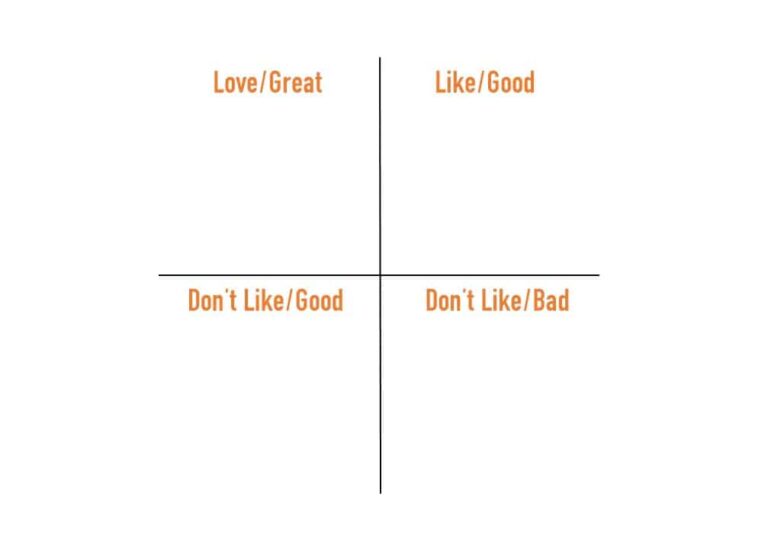“Whenever you’re in conflict with someone, there is one factor that can make the difference between damaging your relationship and deepening it. That factor is attitude.”
– William James
Wikipedia defines conflict avoidance as, “a method of reacting to conflict, which attempts to avoid directly confronting the issue at hand. Methods of doing this can include changing the subject, putting off a discussion until later, or simply not bringing up the subject of contention.”
I define it as the killer of productivity and a team’s health; further, it’s a huge waste of energy, it doesn’t come from a place of compassion, and, in short, can be expensive.
I see this time and time again. It’s often manifested when leaders and managers aren’t crystal clear with their expectations and follow through. I also see this in what many call “office politics” or “water cooler gossip”. If you lead or manage people, I beg and plead with you to not take the bait when a potential issue comes up. Dive in and deal with the issue head on.
To begin, I want to own the fact that for much of my leadership life, I sucked at “dealing” with conflict. I’d often second guess myself and others. If a direct report wasn’t getting things, I became frustrated and internalized it, which led me to come up with all the reasons why they weren’t doing what I expected of them. Yet for some reason, I would avoid talking with them directly about the issue at hand. When I heard things about an employee, I would ask other employees and “fact find”. I would worry, deliberate, and complain, but rarely would I confront.
In my head, I thought I was being compassionate because I didn’t want to hurt someone’s feelings or alienate them. Or, I’d immediately assume that what I had heard from someone else was fact. I really didn’t want to have to “confront” someone.
The reality of it was I was perpetuating the situation. If an employee was having an issue, my compassionate actions were actually enabling their continued failure. If I engaged in the gossip “fact finding”, I was actively maintaining an unhealthy environment.
In next week’s blog, I’ll provide a few simple ideas on how to get started.
Are you or your team currently struggling with conflict avoidance? We’re here to help! Reach out anytime and we can help you get your organization operating at 100%.





